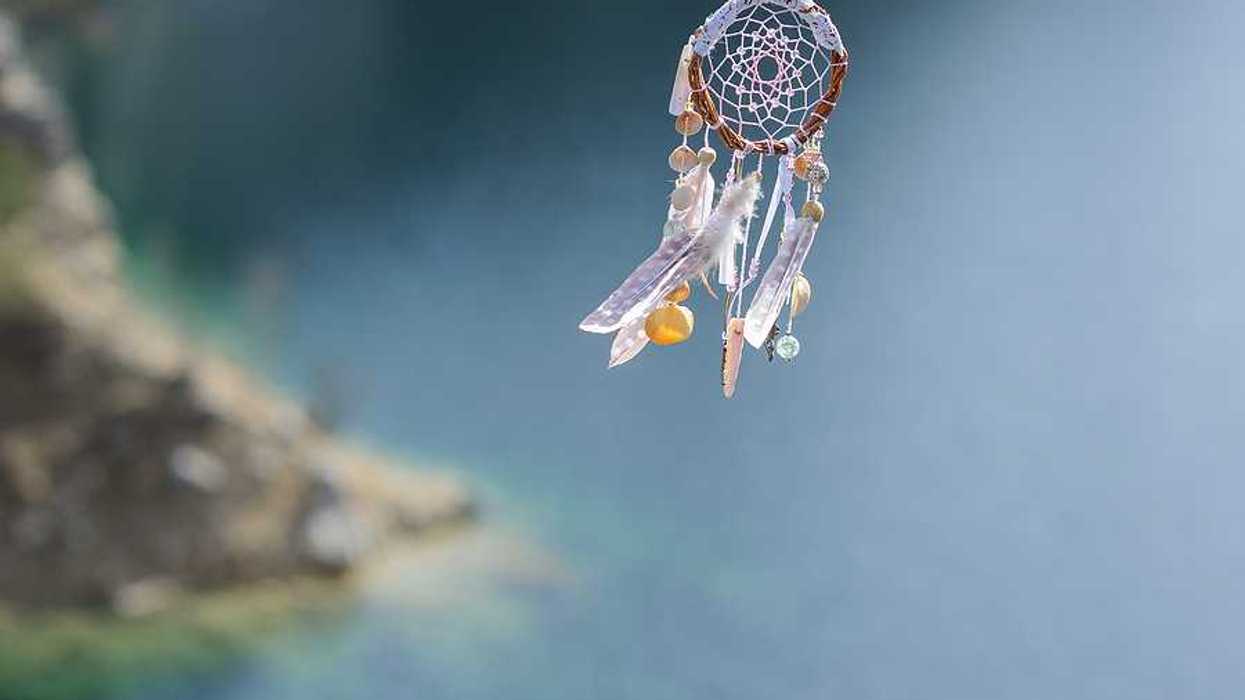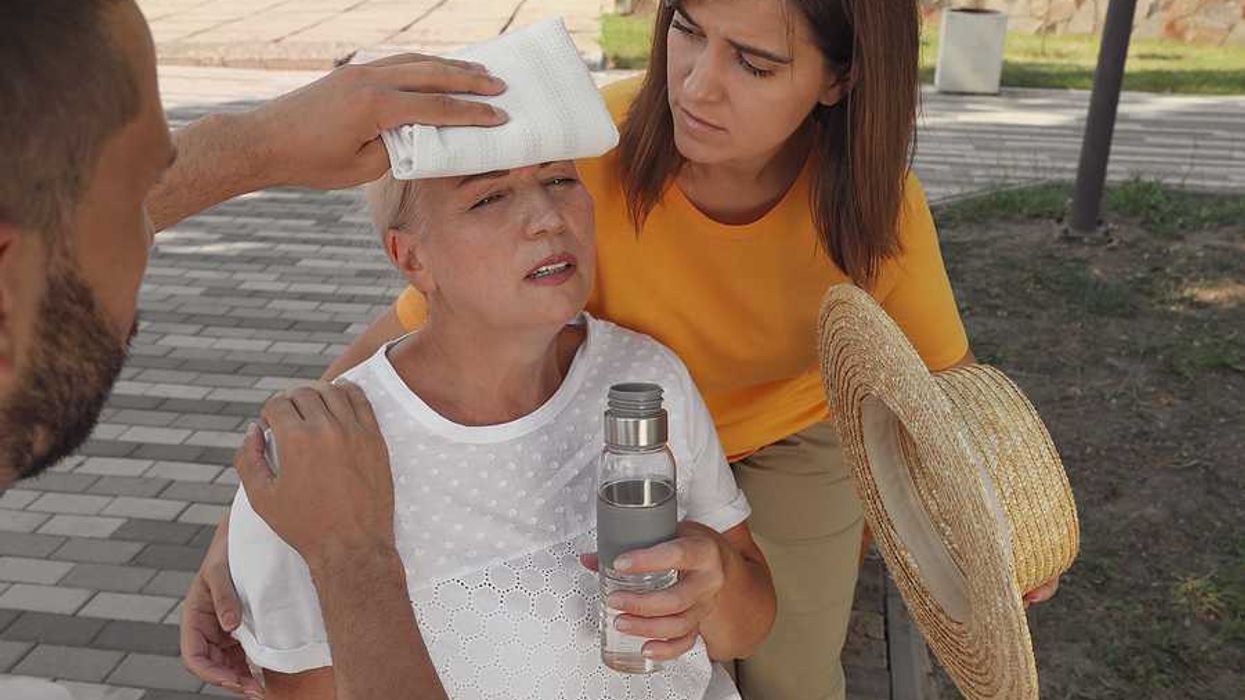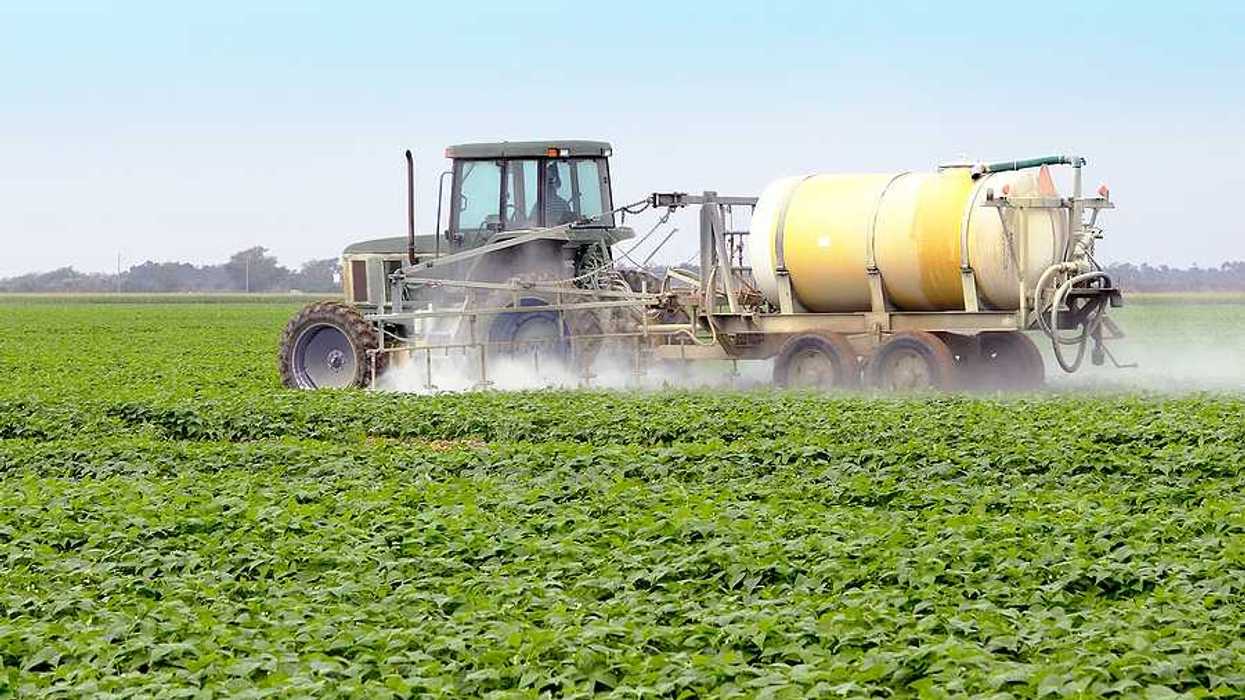Costa Rica’s legislature is advancing a bill to ban highly hazardous pesticides, aligning the nation with international health and environmental standards.
In short:
- A bill presented by independent deputy Kattia Cambronero would ban pesticides classified as highly hazardous by international organizations, including those linked to cancer, genetic mutations, or reproductive harm.
- The law would require biannual reviews of the national banned pesticide list and mandate that 25% of certain agrochemical tax revenues fund research into safer alternatives.
- Costa Rica, among the world’s heaviest users of pesticides per hectare, currently has eight highly hazardous pesticides among its ten most common chemicals.
Why this matters:
The push to ban highly hazardous pesticides in Costa Rica reflects growing global concern over the health and environmental impacts of chemical-intensive agriculture. Pesticides linked to cancer, genetic mutations, and reproductive harm pose risks not just to farmworkers and consumers, but also to biodiversity and ecosystem health. Costa Rica’s move is particularly significant given its status as one of the heaviest pesticide users per hectare worldwide. The proposed law’s emphasis on monitoring, education, and sustainable transition mirrors strategies promoted by international agencies like the World Health Organization and the Food and Agriculture Organization to reduce the global reliance on toxic agrochemicals.
Related: Agricultural pesticide exposure linked to childhood cancers, study says














